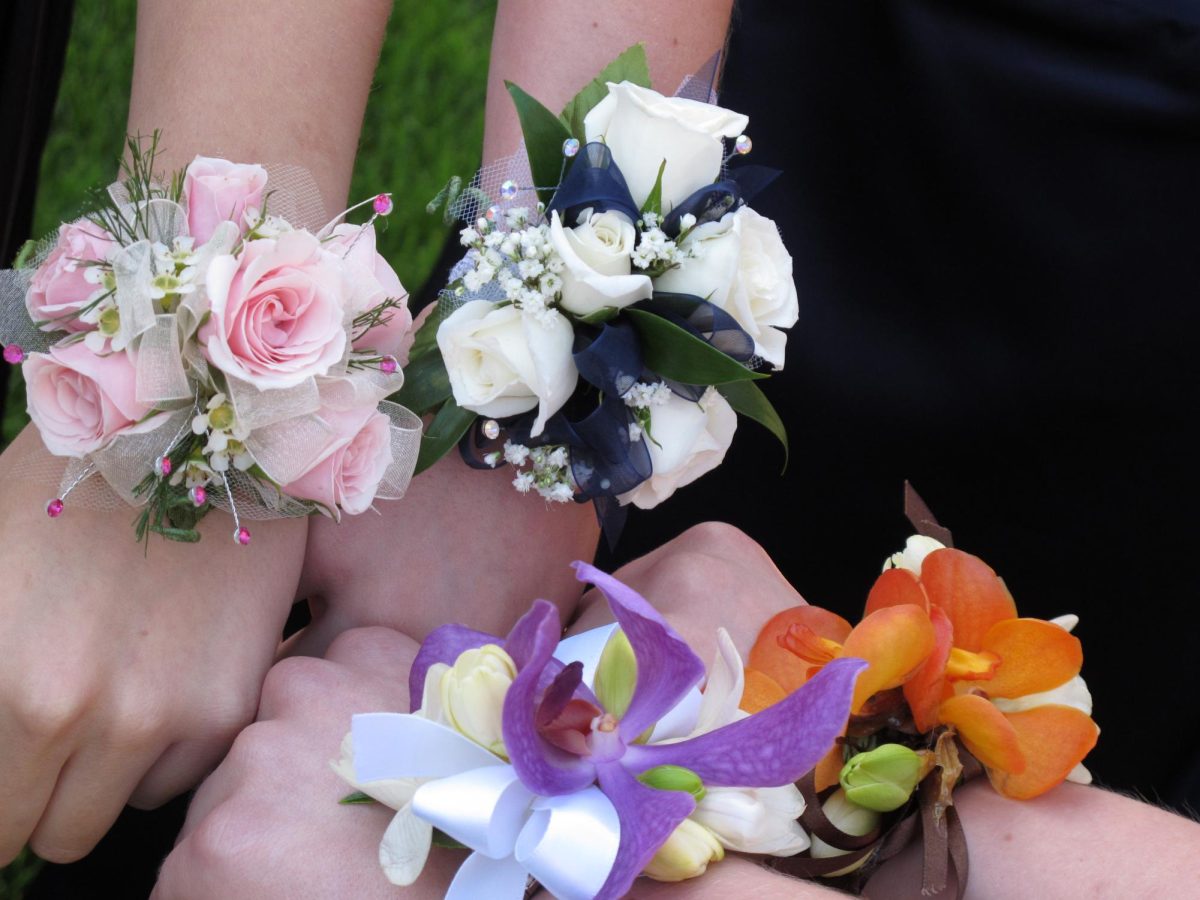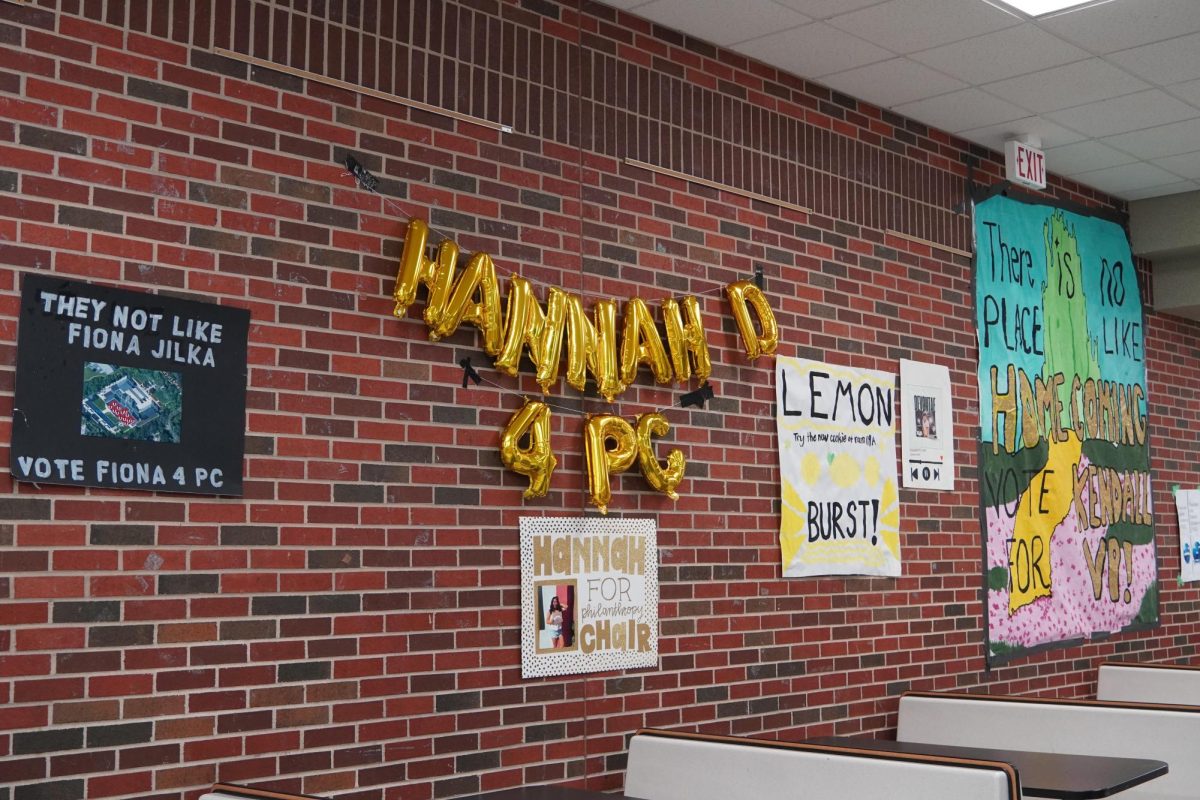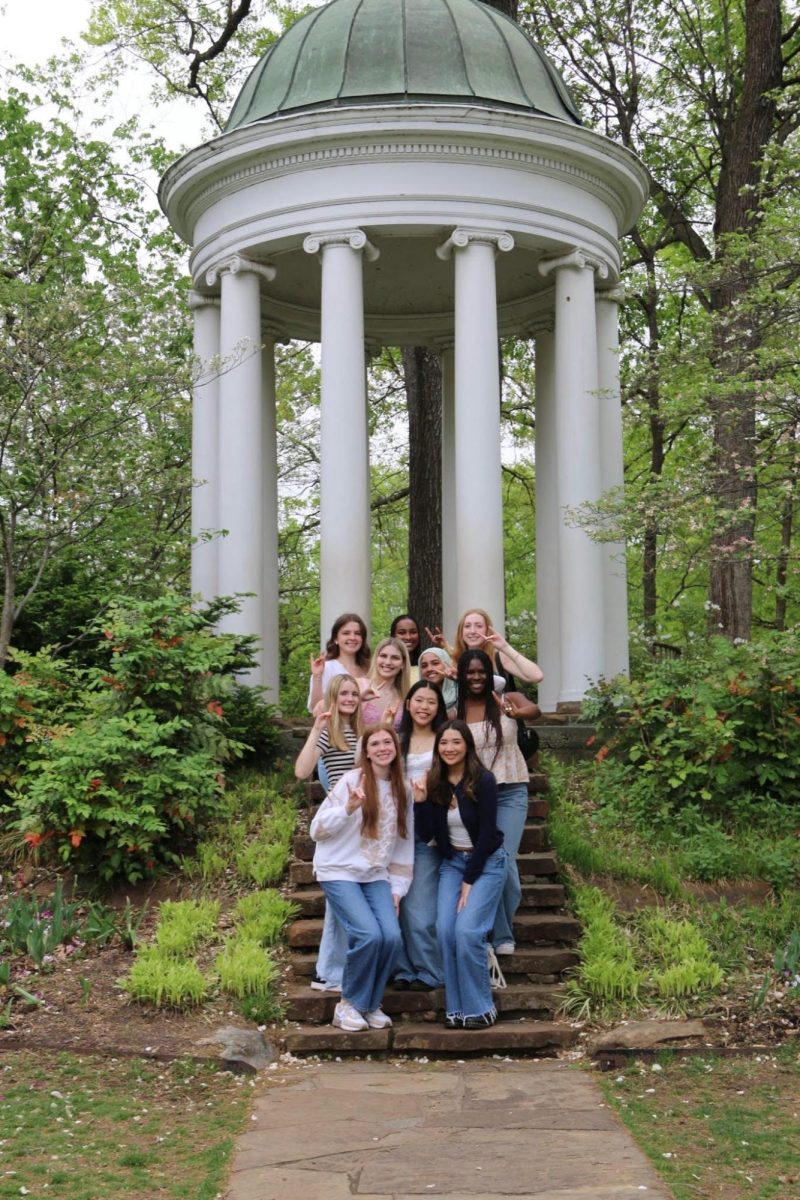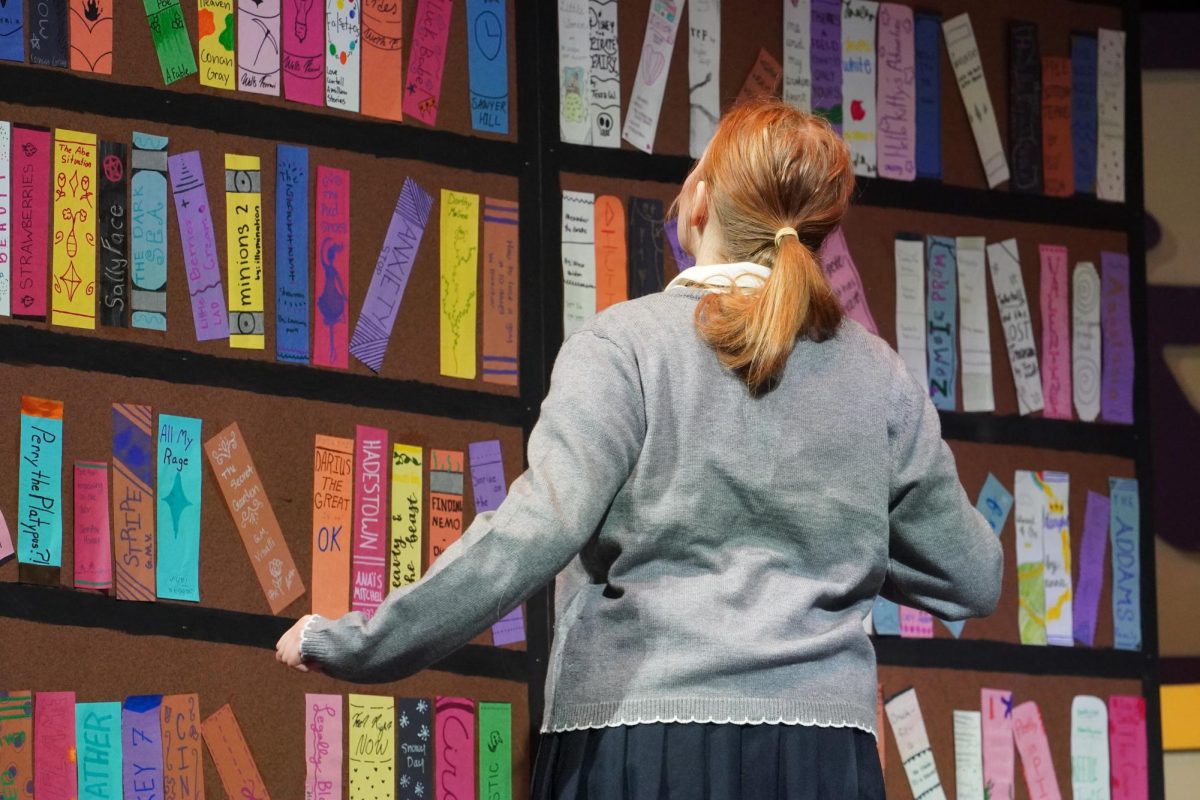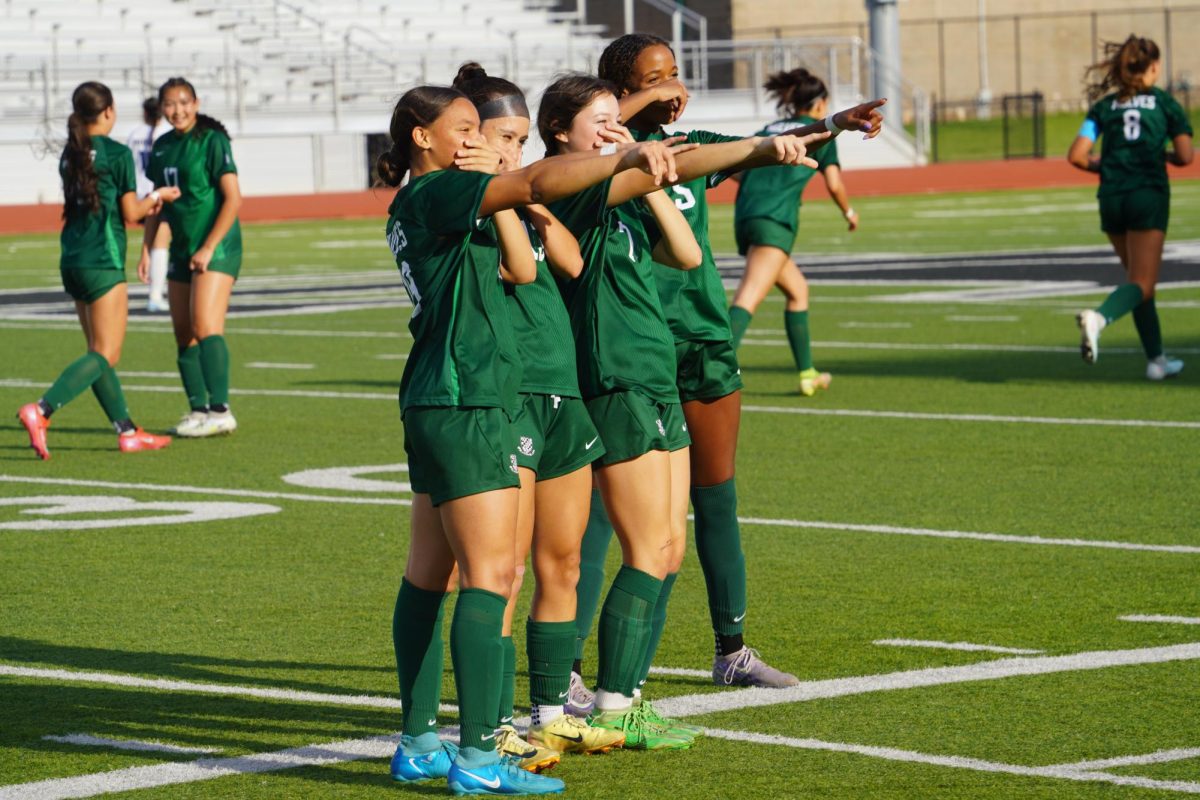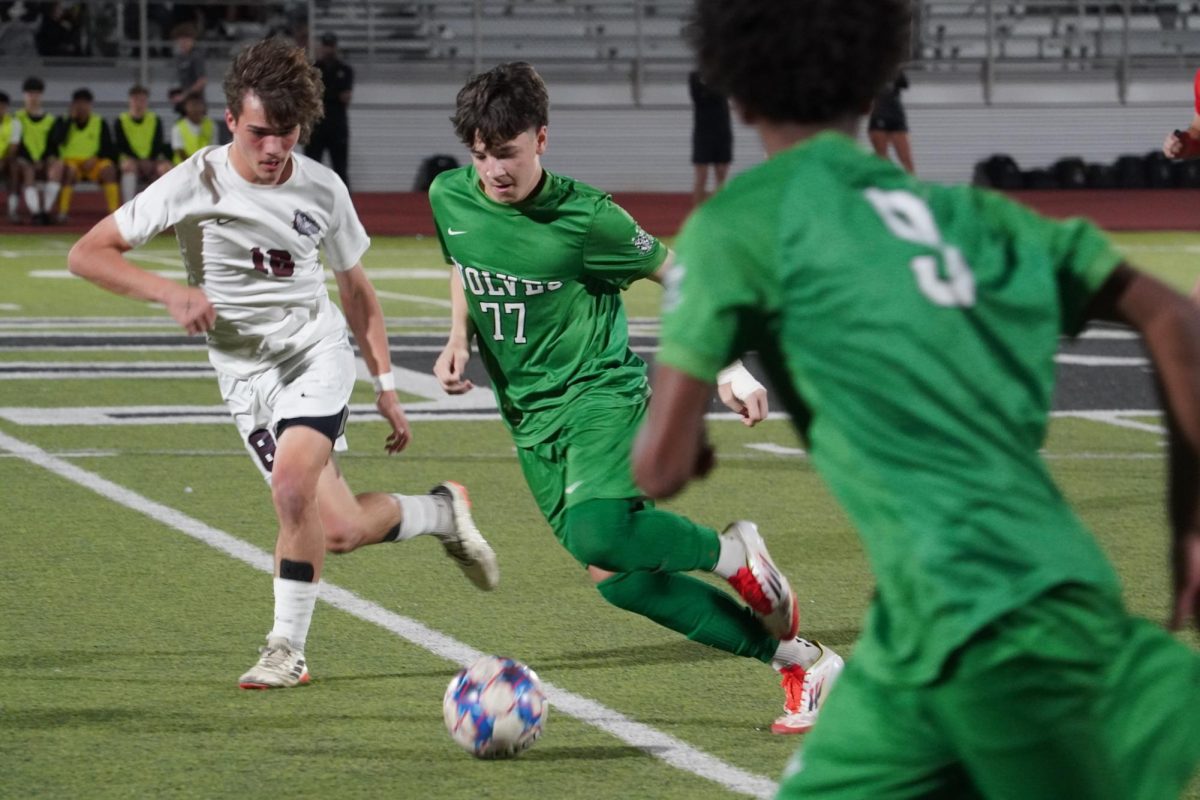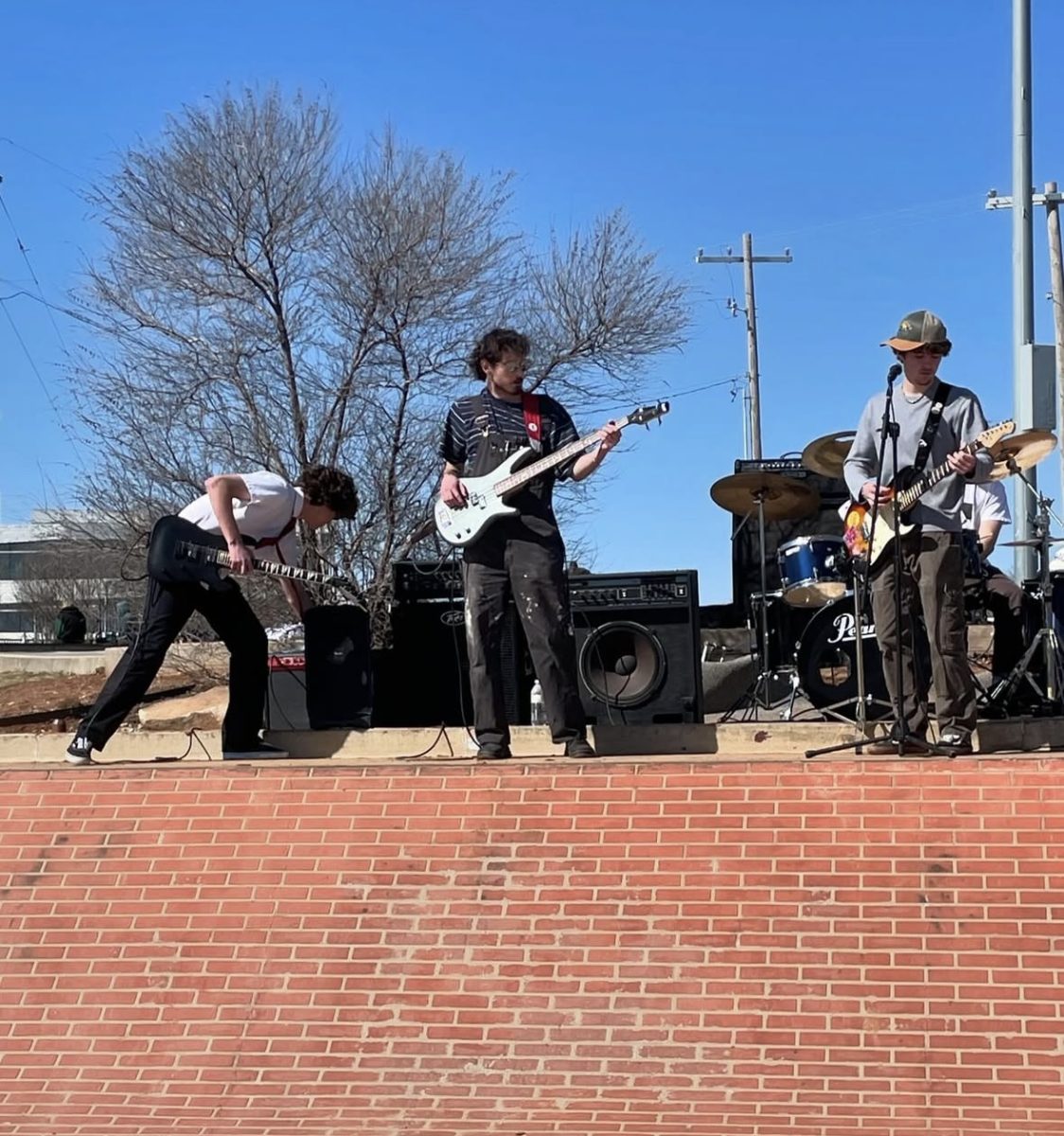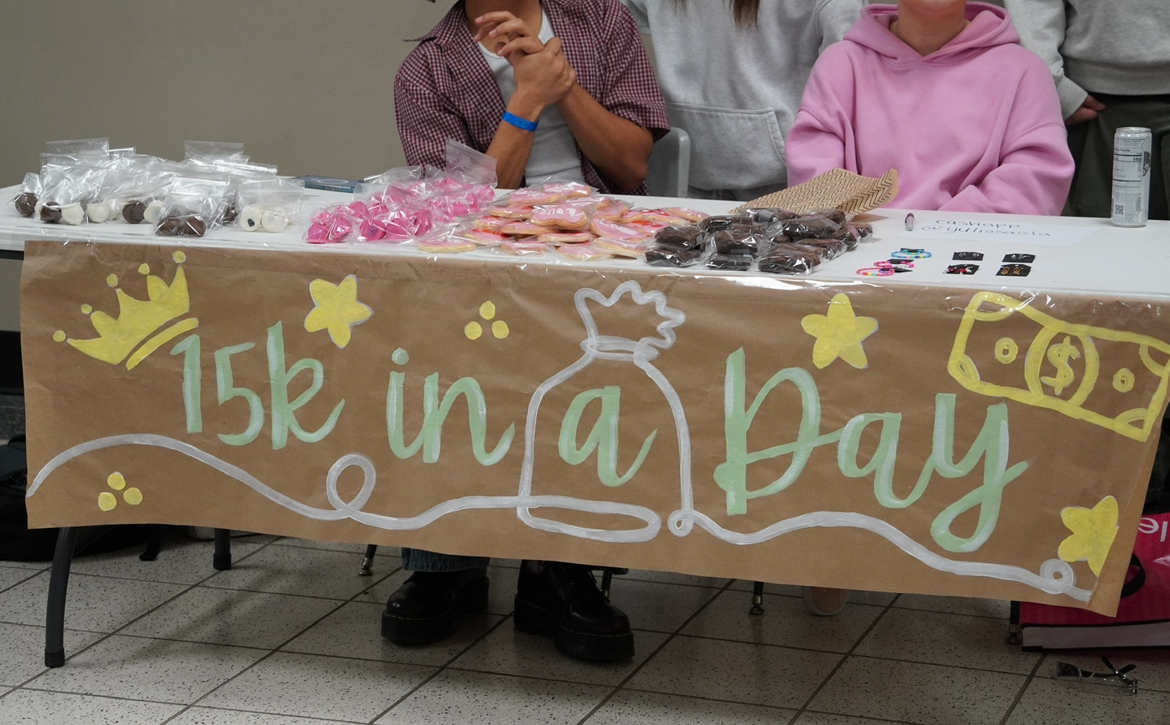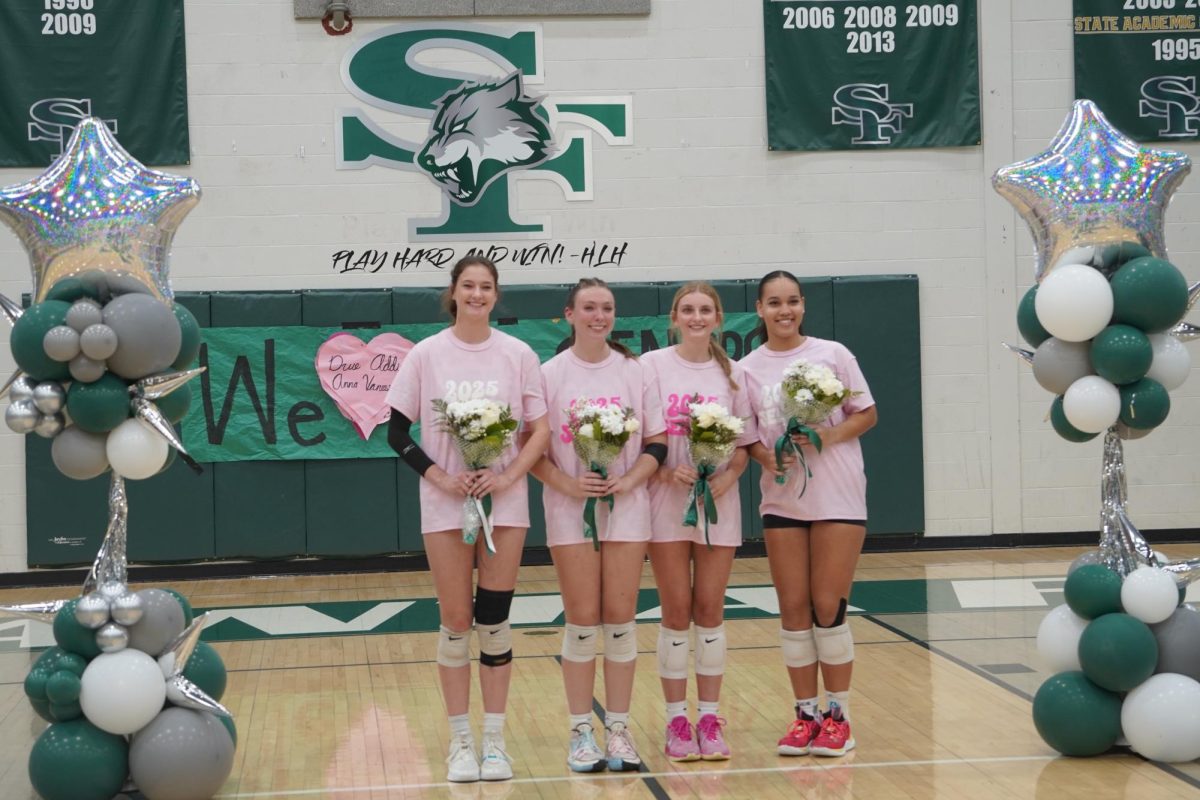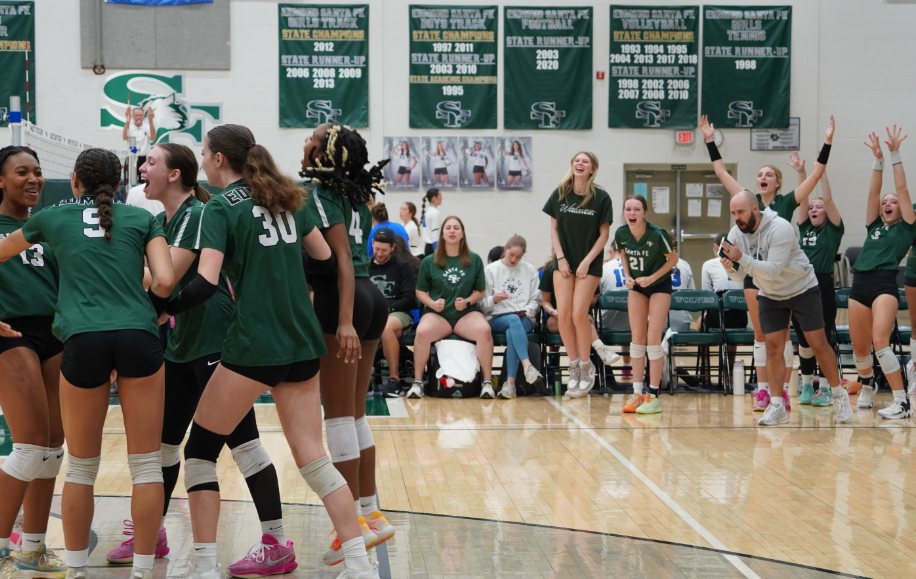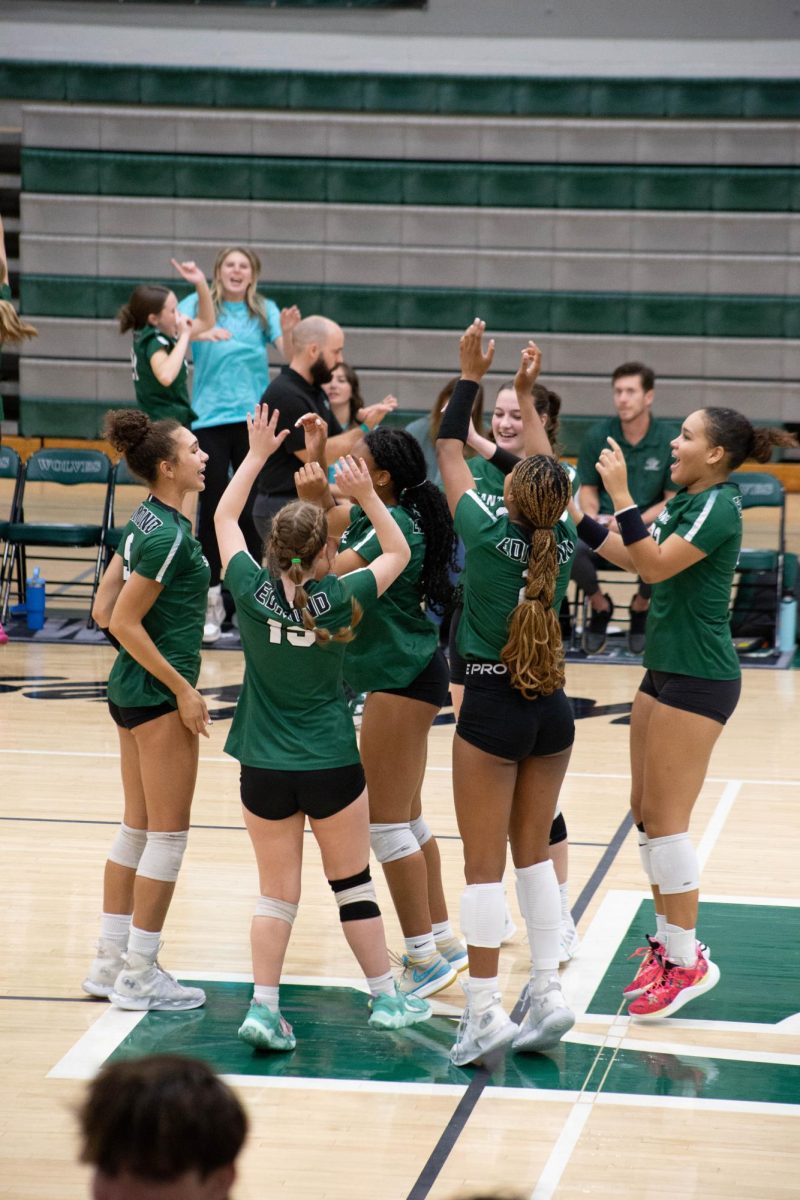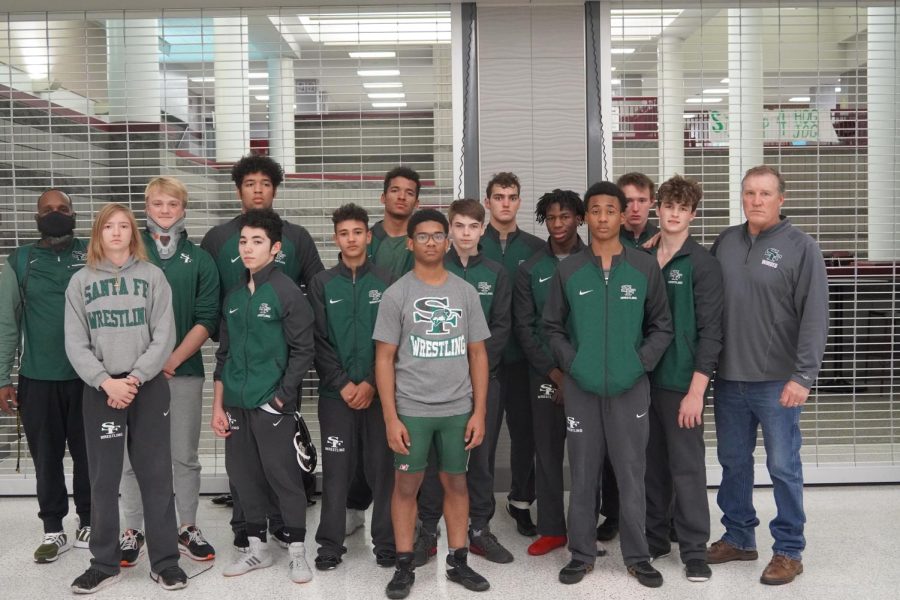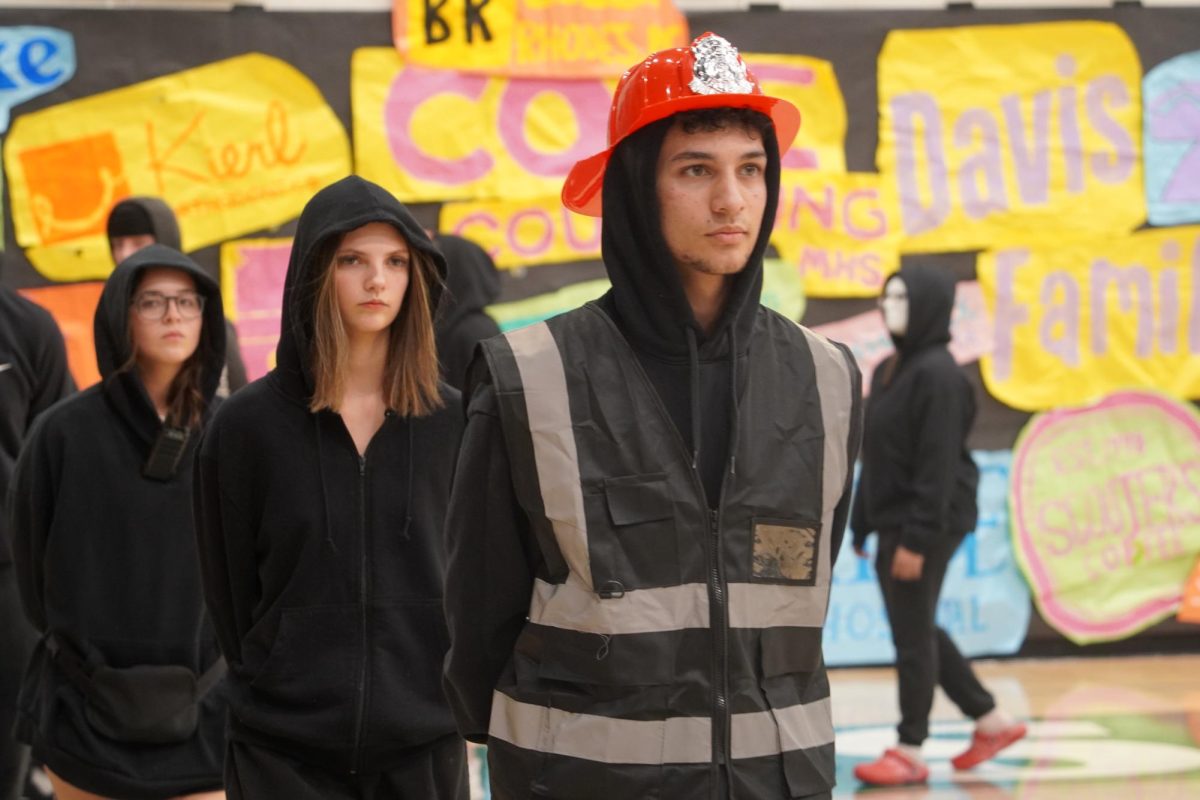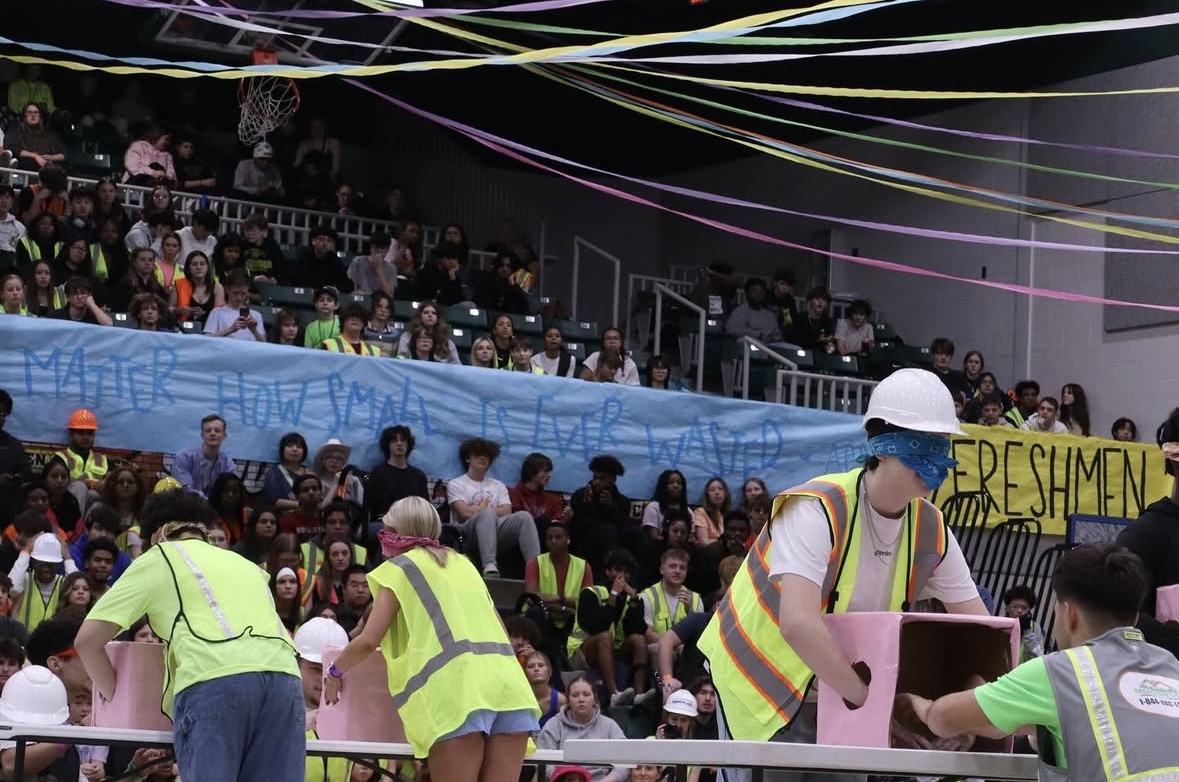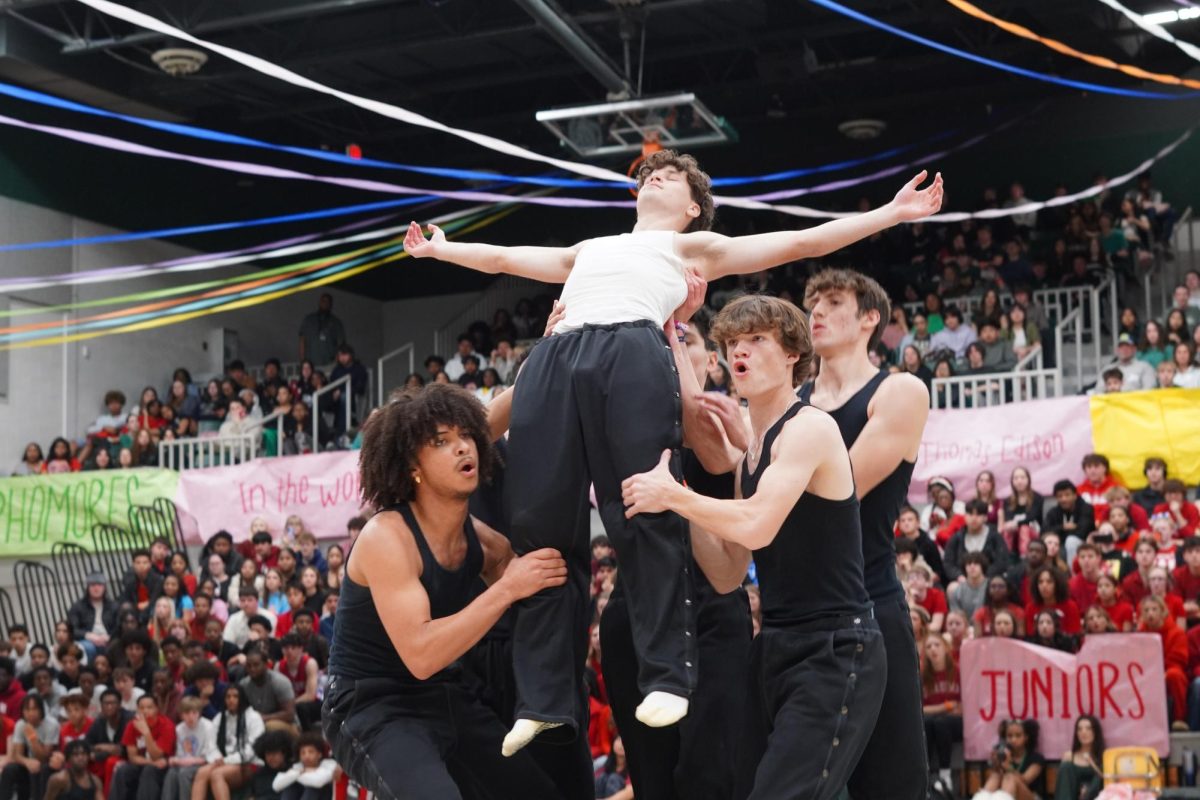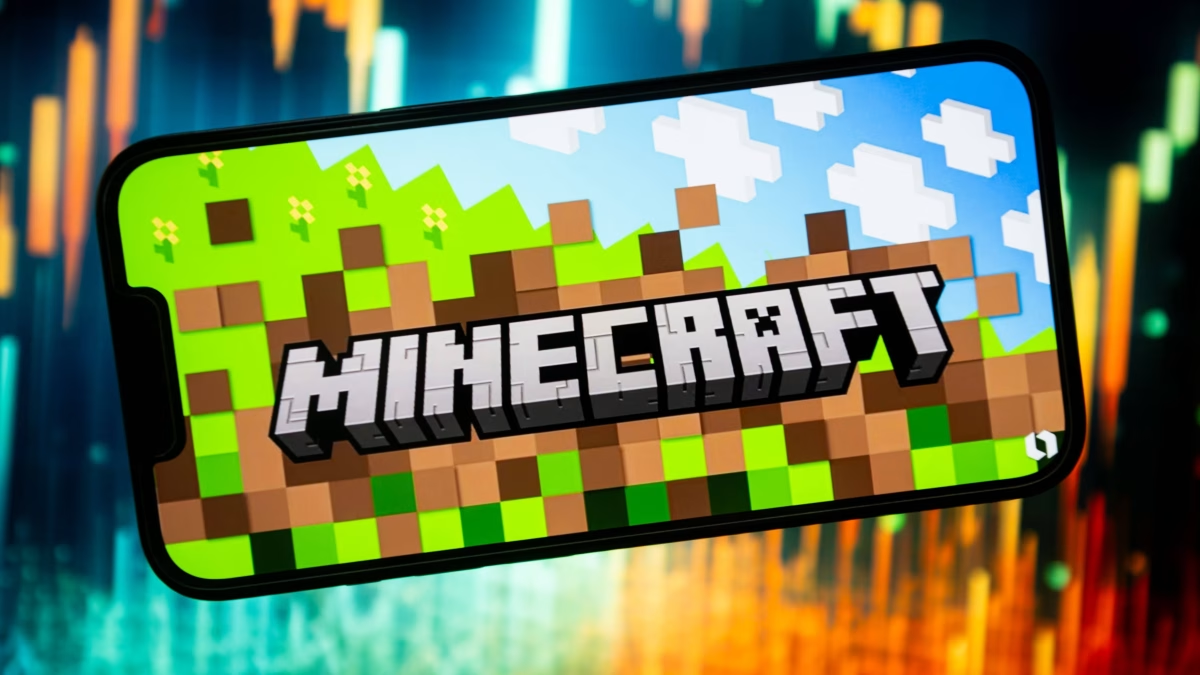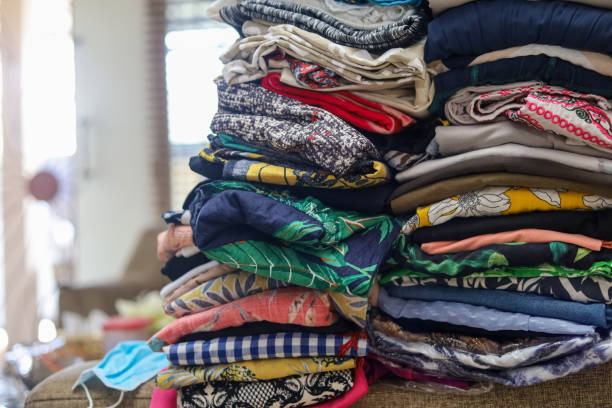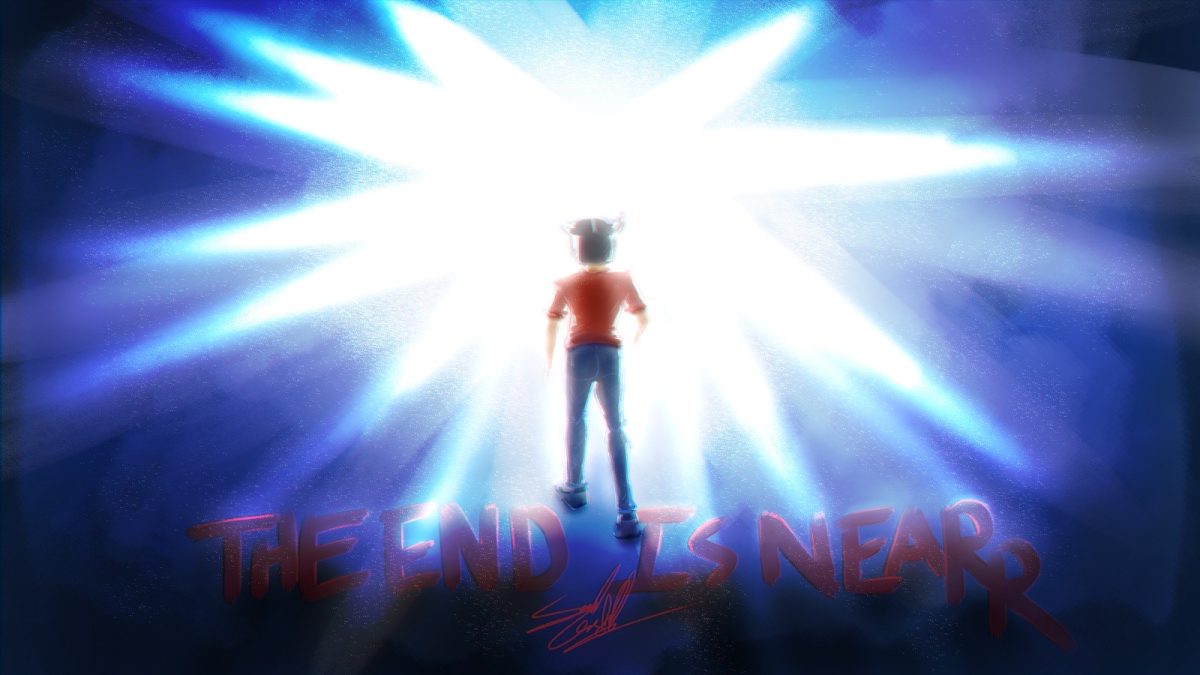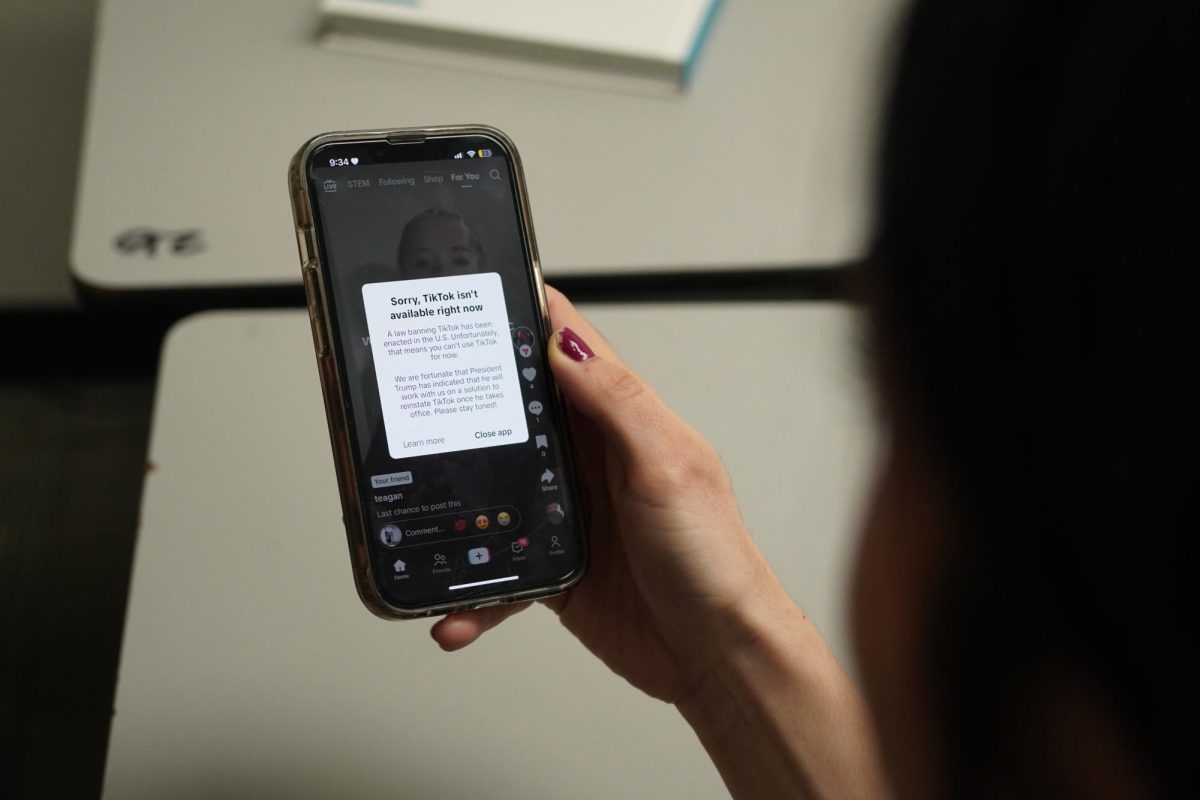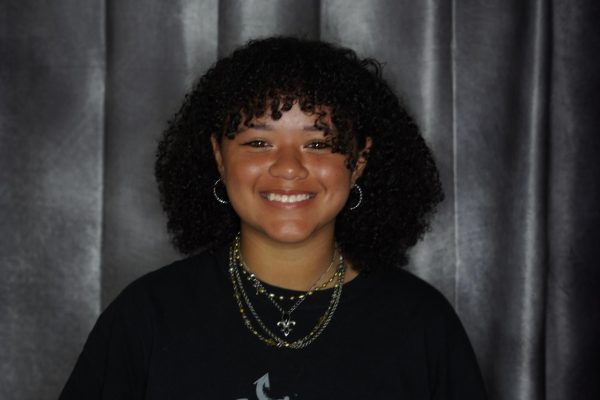TikTok has been a common social media app for seven years being used across many countries. It has become one of the most popular social platforms, allowing others to share media with other users.
On Jan. 17 the Supreme Court upheld a federal law banning TikTok starting Jan. 19 in the U.S. due to concerns about national security. The next day, TikTok went dark hours before the ban was set to take effect.
While mainly teenagers seem affected by the ban, Senior Kamryn James explains how TikTok impacts more people than just students.
“I wouldn’t say it’s just beneficial for just students, but more beneficial across the nation,” James said. “I know my mom gets recipes from TikTok, and I feel it’s not just entertainment. It’s also nostalgia- I won’t be able to make a graduation TikTok or one for prom.”
James explains there may be more urgent things to think about.
“I just think there’s more important issues than banning TikTok,” James said. “If anything, they should ban Twitter, but that’s just my opinion.”
Senior Sharrin Jones has a different perspective on the ban.
“I think that TikTok should be banned because it takes too much time away from the things that are important,” Jones said. “I feel like our generation would benefit from it because we can return to face-to-face communication.”
Jones further expands on how she feels about the potential 90-day extension for TikTok when President Donald Trump takes office.
“I don’t understand what the point of that is since every website takes information,” Jones said. “It’s just the fact that this is not American-made”.
Jones explains how she sees both sides of the argument.
“I feel we can see more perspectives on different issues from TikTok, and can connect with our generation from that,” Jones said. “The flip side of it is we are consuming a lot from it.”
Just 12 hours after the initial ban, TikTok went back online as President Trump signed an order for a 75-day extension. If TikTok is bought by the time the extension is over, it will be available to users in the U.S.

